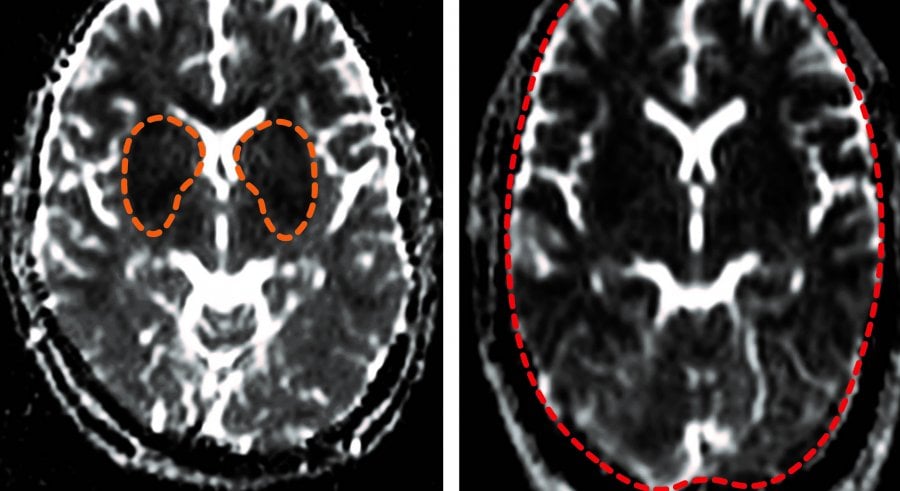
Malaria infection exerts a tremendous impact on the body, which can have long-term health repercussions, ranging from accrued susceptibility to bacterial infection to cognitive impairment. While some of these nefarious effects are known for the most severe forms of the disease, mounting evidence suggest that this is merely the tip of the iceberg.
Malaria experts will tell you that immunity against the parasite builds up with exposure to the disease, leading to seemingly healthy individuals able to control, but not eliminate, their infection. Because they don’t develop fever anymore, treatment is not sought. The resultant chronic yet silent infection not only helps perpetuate malaria transmission but, over time, also contributes to serious health and developmental impairments.
Read the expert opinion from Dr Sam Wassmer, Associate Professor at the London School of Hygiene & Tropical Medicine, and Dr Sanjib Mohanty, Senior Consultant at the Community Welfare Hospital, India.
LSHTM's short courses provide opportunities to study specialised topics across a broad range of public and global health fields. From AMR to vaccines, travel medicine to clinical trials, and modelling to malaria, refresh your skills and join one of our short courses today.
